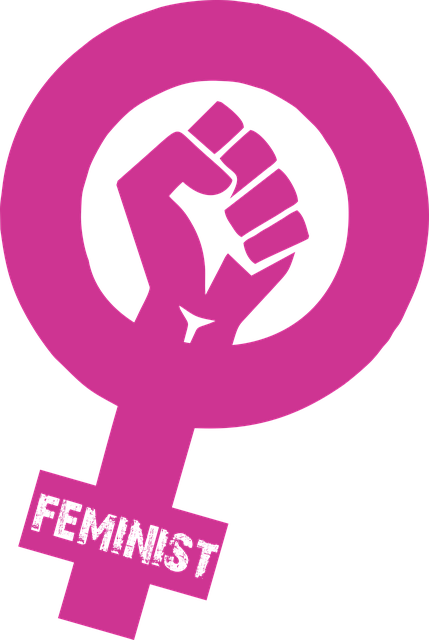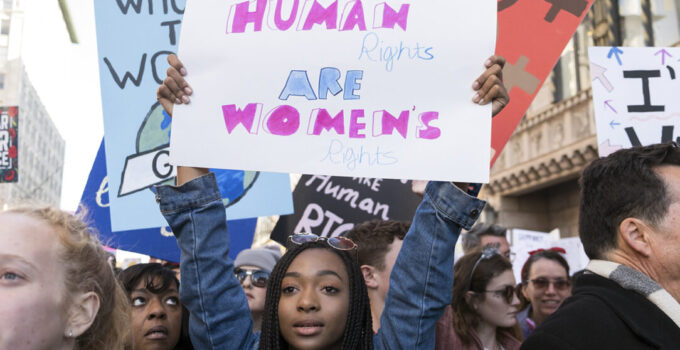Feminism is a range of political movements, social movements and ideologies that share a common goal. The goal is to achieve, define and establish political, social, economic and personal rights for women. It also includes establishment of educational and professional opportunities for women that are equal to such opportunities for men.

What is feminism?
Feminist movements campaign for women’s rights like, right to vote, right to equal pay, to hold public office, to work, to receive education, to own property, to have equal rights at marriage and access to maternity leaves. Feminists all around the world have worked to promote bodily autonomy and integrity. They have also worked to protect women and young girls from rape, sexual harassment, abuse, and domestic violence.
Beginning of feminism
In the beginning of the 19th century, in countries like Great Britain and the United States of America, feminism began. It demanded legal autonomy, rights such as to be seen more than just a man’s wife or daughter. Feminism also demanded to be allowed to choose one’s husband and the right to hold property.
Later on, women asked to have access to political systems, i.e., to have their right to vote. On seeing what that agency brought, further measures of equality were demanded. The history of feminism has been divided into three waves:
- The first wave (19th century to early 20th century): The first wave was a reflection of liberalism, communism, and progressivism.
- The second wave (1960’s-1970’s): The second wave of feminism demanded the civil rights movement and the new left.
- The third wave (1980’s- present): The third wave demanded identity politics in general.
Feminism is ultimately about the empowerment of women, their right to make the choices that work for them, and their choices that may seem to conflict the basic ideals of equality. The second wavers of the feminist movement are very grateful to the third wavers for providing feminism with a framework containing intersectionality. This term was coined in the year 1989 by a third wave feminist named Kimberlé WilliamsCrenshaw.
Feminism, just like any other philosophy has its fanatics who are vocal. Feminism still has a long way to go with many existing prejudices and biases.




